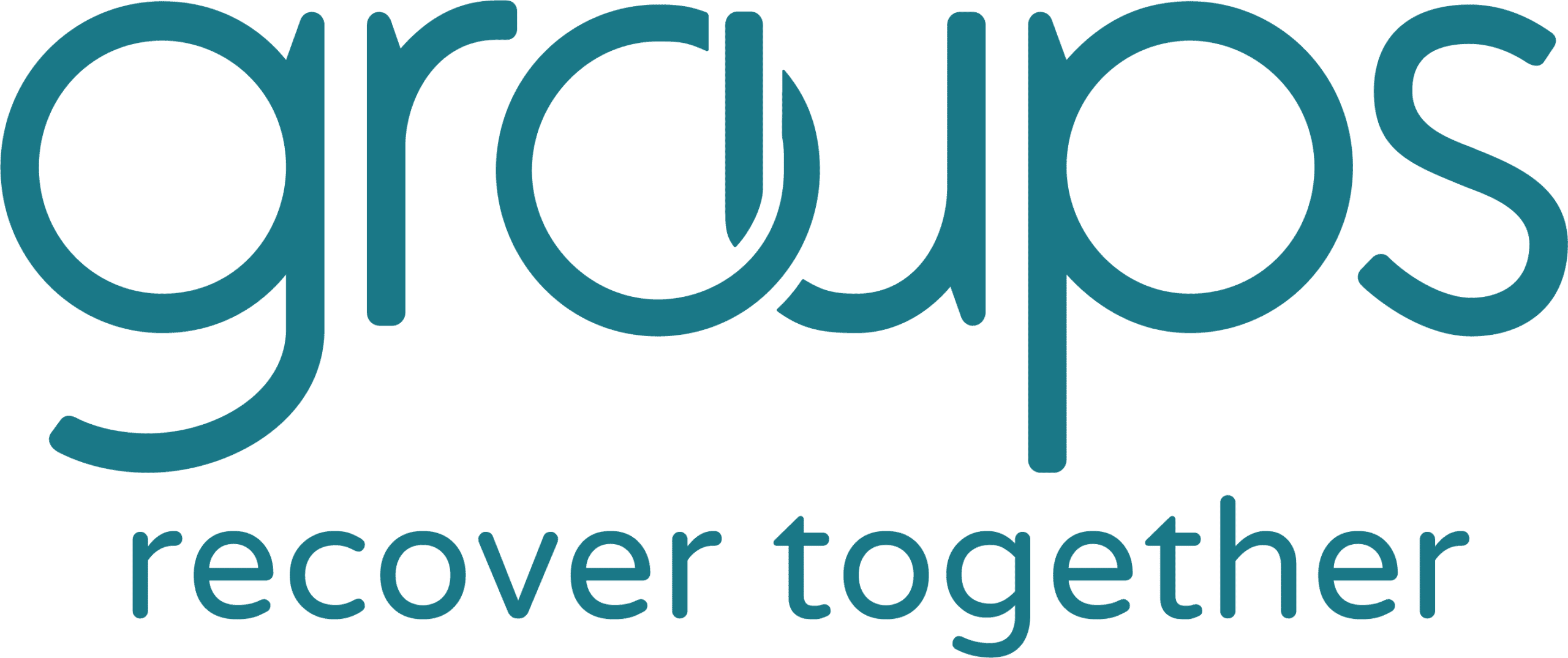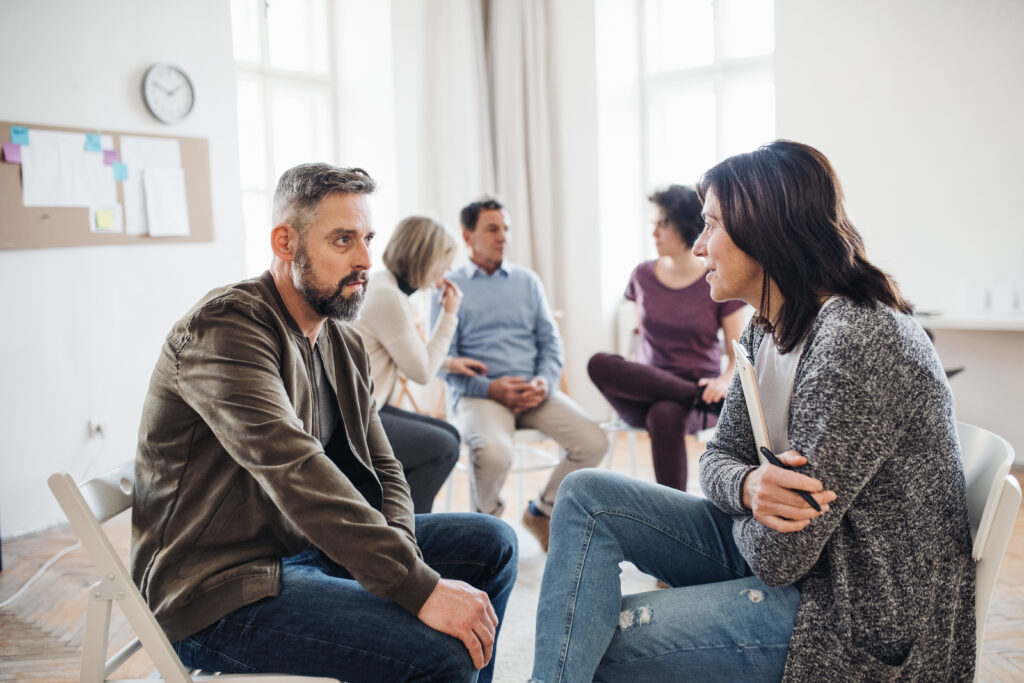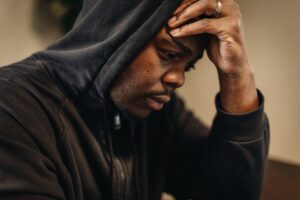Doing the right thing or choosing the healthier option can be really hard. When you’re recovering from opioid use disorder (OUD), choosing to stick to your recovery goals is a daily practice. Clinical studies have shown that structured rewards are an effective way to help people make and keep the positive behavioral changes they want in their lives. At Groups, we’ve incorporated a rewards system into our treatment program to help our members stay on track with their goals.
Ending opioid use is especially difficult because it changes the way your brain functions. When you’re dependent on opioids, your brain needs these chemicals to feel “normal.” As you build up a tolerance, you may need a higher dose to feel the same effects. Or you might not be able to achieve the same “high” you felt at first. Even if your opioid use starts to have harmful effects on your relationships or your health, it can be hard to go against your physical and emotional cravings. Tangible prizes that you get to choose and recognition from your peers can play an important role in retraining your brain to resist using. Receiving rewards for overcoming your most challenging moments helps you build confidence and pride in yourself.
In this blog post, we’ll talk about what positive reinforcement is. Then we’ll discuss what makes it an effective approach to treating OUD.
What is positive reinforcement?
Positive reinforcement is when a reward for good behavior is added to a routine. Giving a child a fun sticker or extra playtime for eating their vegetables is a form of positive reinforcement. Punishments can also be “positive” in the sense of adding a consequence rather than removing one. Sending the child to their room when they don’t finish their vegetables is a “positive” punishment. Taking away video game privileges for the night would be a “negative” punishment. At Groups, we believe in positive reinforcement, not punishment.
Positive reinforcement can be especially helpful for people who have dual disorders, or substance use disorder along with a mental health condition.
For rewards to be most effective, they need to feel truly rewarding to the person receiving them. Timing is important, too. Rewards need to be given immediately after “good” behavior. In some cases, giving rewards at different intervals can also be helpful. If you don’t know exactly when you’re going to be rewarded, you might be more likely to keep doing the desired behavior just in case. This is why gambling can be so hard to quit. People keep betting because they’re convinced the next lottery ticket or the next spin on the slot machine could be a winner.
How positive reinforcement supports recovery
Most people choose to begin treatment for OUD because they can see that their opioid use is making a negative impact on their life. It might be affecting their relationships or their health. Even when ending opioid use leads to stability, safety, and better outcomes, it may not feel emotionally rewarding in the short term. When a person is feeling tempted to use or skip treatment, knowing that there’s a reward waiting for them can make a big difference. Adding tangible rewards to the treatment process can help people feel like their dedication is paying off.
Rewards can also help you start to develop a new perspective on what you can accomplish when you try. If you’re having a hard time setting new goals, a rewards system gives you a good starting point. You might choose an item that you want to earn with your points. Maybe you set a goal to make a certain number of weeks without using. You can’t always predict the outcome of your hard work in real life. In a rewards system, you always get what you were promised.
Rewards programs are especially helpful in group treatment settings. For most people, receiving a reward in front of a peer group multiplies the emotional impact. Group members may smile, tell the person “good job,” or give them a high-five. Knowing that your peers in recovery are proud of you and that you’re being an inspiration to others can seem even more rewarding than receiving a prize with material value.
Real-world examples of positive reinforcement in recovery
At Groups, we use a voucher system to award points that can be redeemed for prizes. Point values increase for each week that you have a negative drug screen. As you continue to test negative, your points add up faster and faster. You can choose to cash in your points for items like clothing, kitchen appliances, or electronics. When you show up to group and receive a big prize that you’ve had your eye on, like a new coffee maker or a Best Buy gift card, you’ll experience a real sense of accomplishment.
You might be wondering about what happens if you test positive. If the group can celebrate your victories with you, will you be called out for ending a winning streak? The point of positive reinforcement is not to shame people for using. Your cumulative point value from that week moving forward will go back to zero. However, we don’t announce it when someone tests positive. We expect that people will use again from time to time. There will be others in your group who have used again after weeks in recovery. Showing up the next week with the first negative screen in a new streak is something to be proud of.
Integrating positive reinforcement with medication for opioid use disorder (MOUD)
Our rewards system is part of a holistic and personalized approach to treatment. Each member at Groups works with a provider who can prescribe medication for opioid use disorder (MOUD). Your provider will get to know you on a personal level. Then they can make the best recommendations and support you in making the best treatment decisions for you. We providelife-goal assistance to help you meet your needs such as food, housing, and income. You’ll meet with a support group once a week to receive group therapy as well.
Each component of treatment has its unique benefits, but they’re most effective when combined. Without social support and MOUD, it’s much more difficult to earn rewards for not using. MOUD helps reduce cravings and withdrawal symptoms. When you have what you need to live a full and satisfying life, it can be easier to stop using opioids or using substances as a coping strategy. Rewards give you something to look forward to, and they help you learn that you can achieve your goals when you commit and follow through.
During group therapy, you’ll gain a better understanding of your relationship with opioid use and talk through different types of challenges. You’ll identify what triggers your cravings and develop strategies for managing them. You’ll experience what it’s like to connect with a positive, recovery-oriented community. This will allow you to learn skills for building healthy relationships, regulating your emotions, and more. You’ll also have opportunities to be seen and heard by your peers and hear about their struggles and successes.
Reap the rewards of a life without opioid use with help from Groups
When you make the difficult choice that’s better for you in the long term, getting a reward helps you feel a sense of satisfaction. At Groups, there’s nothing we love more than seeing our members light up with pride and joy when they reach big milestones in their recovery journeys. Taking home a shiny new appliance is always exciting. Somewhere along the line, however, the prizes they choose take on a deeper meaning. Rewards start to symbolize the person’s vision for their life after opioid use. They represent all the things the person has accomplished that didn’t seem possible in the beginning — and the possibilities that lie ahead.
If there’s a little voice of doubt whispering in your ear, know that that’s totally normal. You don’t have to have it all figured out from the beginning. If you’re ready to stop using and start a new chapter in your life, we’ll work with you to make it happen. If you need a phone or a reliable internet connection to access treatment, we can help you with those resources. If you have specific questions, please contact us.
Give our Recovery Support Specialists a call today for more information or to begin your recovery. We provide treatment across the country — and we’re always expanding. See if we offer care in your state, either online or at one of our 130+ local offices. If Groups doesn’t offer treatment in your area, you can locate other treatment options here.




